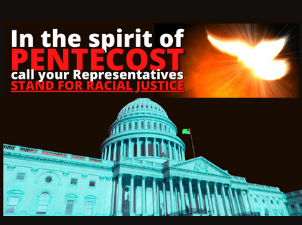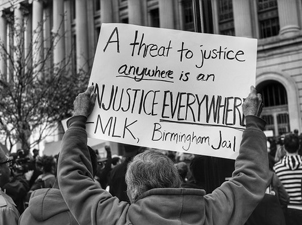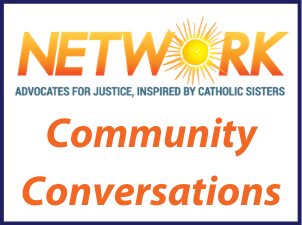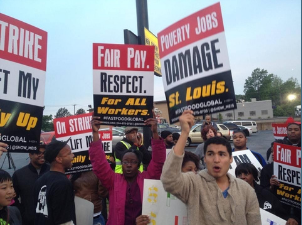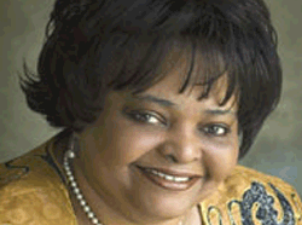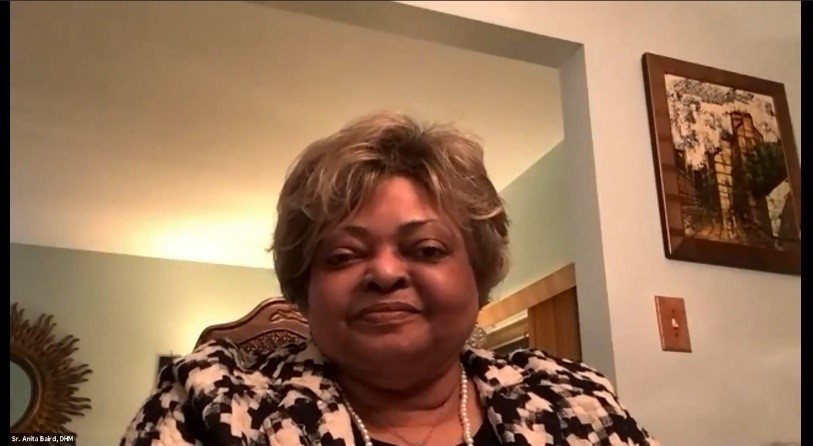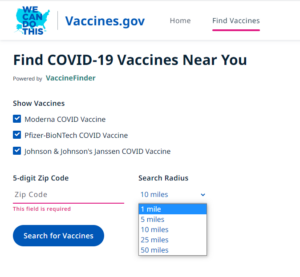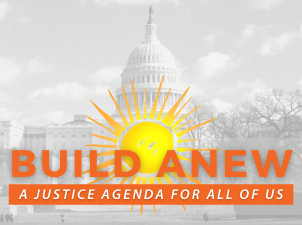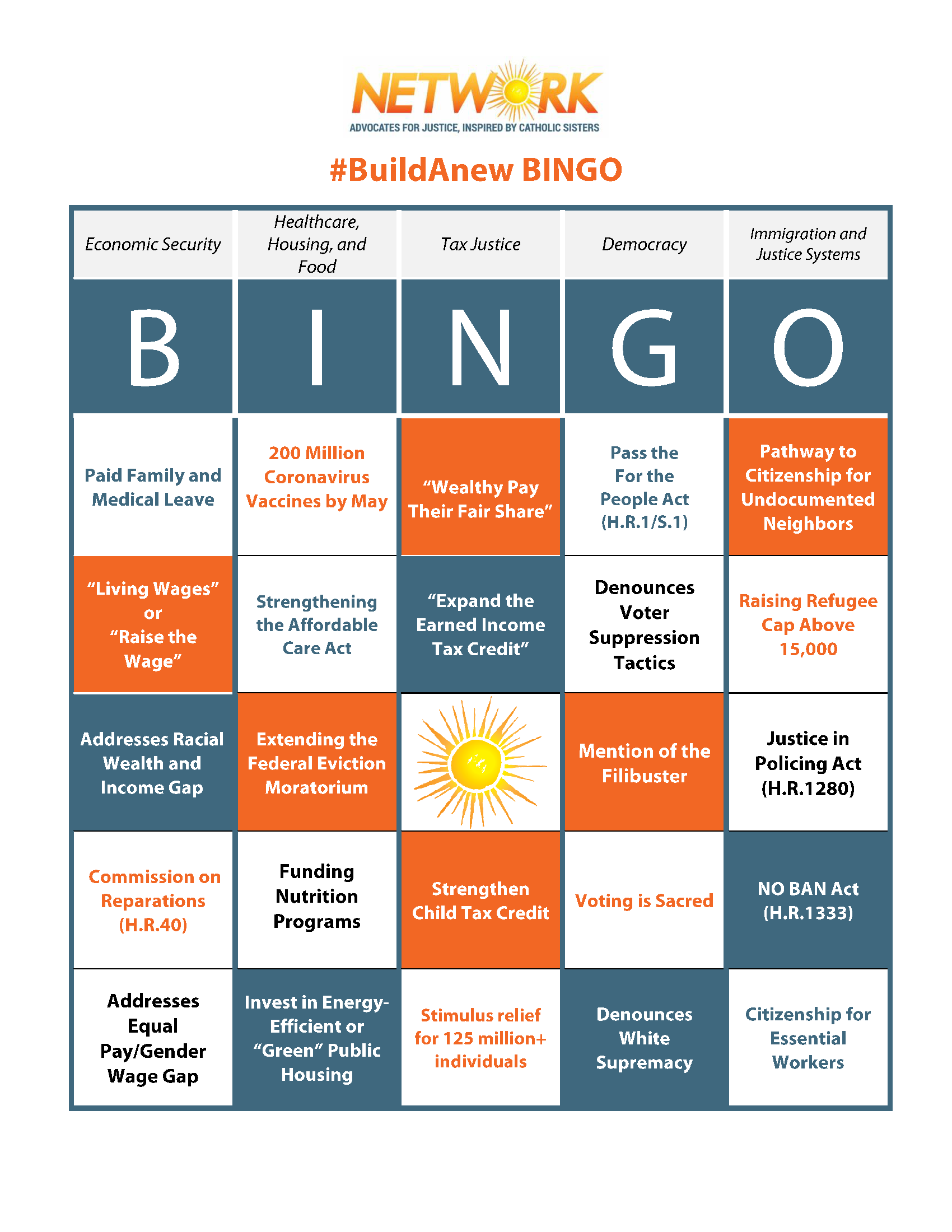
Pentecost and the Call for Reparations
Jarrett K. Smith, NETWORK Lobby and Minister Christian S. Watkins, National Council of Churches
May 21, 2021
As we continue commemorate Pentecost this year, we are reminded of the strange and new power that came and rested upon the Apostles and other followers of Christ. The gift of the Holy Spirit was God’s way of showing and sharing His power so that the disciples could do great and extraordinary things.
We are heirs and spiritual descendants of those who were present for that event. That same power and spirit that was upon them is also upon us to do immeasurable tasks and feats as well! Today, we see the ways that systemic racism is holding back the true potential of our country and doing grave harm to our communities. In the spirit of Pentecost, we must take action to stake a moral claim against racism on our country.
Due to past and present systemic racism, Black people are pushed to the margins of our society; with lower rates of homeownership, greater difficulty securing reliable transportation, higher rates of food insecurity, and all the things that contribute to a person’s wellbeing. These conditions are manmade. Systemic racism is built into every historical and contemporary system and institution of U.S. society, placing Black people at a constant disadvantage.
The results of this widespread, systemic racism are perceived by the rest of society as normal. Soaring rates of mass incarceration serve as a way to destroy the Black family unit. Street executions by law enforcement, painfully reminiscent of the violent slave patrols, threaten Black men and women every day. Given our country’s history (and our lack of reckoning with it), it is no wonder that those who commit these atrocities often garner no punishment.
Inspired by the feast of Pentecost and the nation-wide movement for racial justice, we call on Congress to pass H.R.40 (The Commission to Study and Develop Reparation Proposals for African-Americans Act). We need legislation to examine the impact of chattel slavery, Black Codes, convict leasing, Jim Crow, redlining, access to fair housing, education, employment opportunities, and the list goes on. H.R.40 is the first step to understanding and quantifying the continued impact the legacy of U.S. slavery has had on the Black people.
We can see the devastating effect of white supremacy on Black people throughout the United States with our own eyes. It is time for Congress to support a start to end institutional racism. Passing H.R.40 to establish this commission on reparations would be a start. As our scriptures affirm, God hears the cry of those considered “least” in our society. Now, we ask, will Congress hear those cries as well and act?
Call Your Representative NOW: 888-422-4555
Tell them to pass a H.R.40 and establish a Reparations Commission!
Jarrett K. Smith is a Government Relations Fellow at NETWORK Lobby for Catholic Social Justice and Councilmember for Ward 5 in Takoma Park, Maryland.
Minister Christian S. Watkins is the Justice Advocacy and Outreach Manager for the National Council of Churches.







